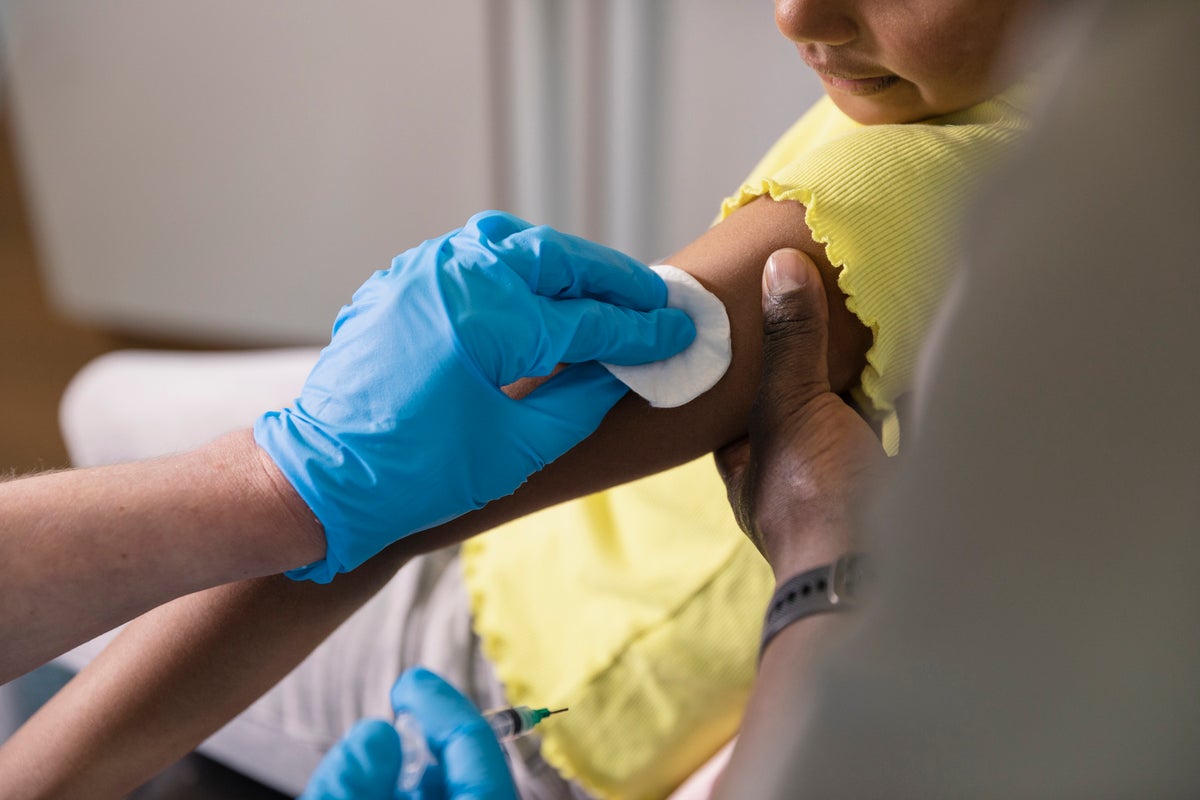Paul Rees, the newly appointed head of the Nursing and Midwifery Council (NMC) in the United Kingdom, recently acknowledged that the organisation had erred significantly by failing to investigate nurses accused of sexual assault outside their professional duties. This admission marks a turning point for the NMC after a series of investigative reports by The Independent exposed instances of nurses operating unchecked within the National Health Service (NHS).
Under previous guidelines, the NMC dismissed complaints regarding nurses’ conduct in their private lives, claiming it fell outside their jurisdiction. This stance has changed following revelations that highlighted the dangers of such a policy. The NMC has since revised its guidance on addressing sexual misconduct, demonstrating a commitment to ensuring that nurses are held accountable for their actions both on and off the job.
In his first national interview as NMC chief, Rees expressed regret for the organisation’s past failures and stated, “We have to be honest about things that have gone wrong. And things have gone wrong in the past.” He specifically referenced the case of John Iwuh, a psychiatric nurse sentenced to 16 years in prison for rape and voyeurism in July 2025. Iwuh was permitted to work with patients for an entire year after the NMC was informed of police investigations into his conduct in 2022.
Paul Rees emphasized that the NMC should have acted sooner. He noted, “The issue was that the guidance stated where nursing and midwifery professionals did something outside of their working life, it was outside of our concerns – that was completely wrong. It should have been saying what you do outside of work is just as important as what you do at work.” He expressed determination to address these challenges, although he acknowledged that meaningful change could take years.
The NMC plays a critical role in maintaining public trust in the NHS, alongside the General Medical Council, which oversees doctors, and the Care Quality Commission, responsible for NHS and social care quality. Ensuring that patients receive care from competent and trustworthy professionals is paramount. The previous doctrine, which ignored the professional implications of nurses’ private lives, compromised the standards expected of the NMC and fostered an environment resistant to accountability.
A culture of openness is essential in fostering trust, as highlighted by former Health Secretary Jeremy Hunt, who noted that a culture of safety within healthcare demands transparency, honesty, and a willingness to learn. He advocated for a system akin to the no-blame culture found in aviation safety, where lessons are learned rather than assigning blame.
Ten months into his new role, Rees has initiated several necessary changes within the NMC, including staff restructuring. Despite these changes, a whistleblower, currently in an employment dispute with the NMC, claims that the “same defensive, dishonest culture” persists. A spokesperson for the NMC has categorically denied these allegations, describing them as “simply incorrect.”
It remains crucial for the NMC to address these concerns transparently. The public must feel confident that the regulatory body is committed to prioritizing patient safety and welfare. Moving forward, it is essential that the NMC embraces a culture of accountability and openness to rebuild trust among patients and healthcare professionals alike.







